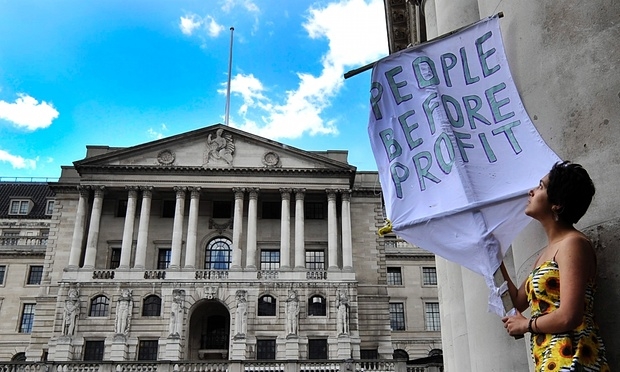This is welcome news for most Ghanaians.
Especially for the thousands who do not know when they will get refund of their monies with financial institutions in distress. Secondly, for the thousands of the employees who have lost jobs and livelihoods. Hence, staff of Bank of Ghana must face sanctions for any involvement in the banking sector crises.
The repercussions of the disasters in the banking sector are having devastating consequences on Ghanaians. Consequences are dire for customers, and their relations, and former employees who lost jobs. There are stories of suicide attempts and other negative health effects on victims. Hence culprits must face the necessary discipline. If for nothing at all, it will set the correct precedence to ward off future irresponsible behaviors.
Sanctions are part of an accountability process
According to Dr Ernest Addison, Governor of the Bank of Ghana, staff with involvement in the banking sector crises are facing sanctions. He reiterates that “Bank of Ghana is applying administrative sanctions to complicit staff. It has also dismissed a staff for his role in the Sibton deal in the previous regime.” In the Sibton matter, a BOG employee was involved in a fraudulent act to the tune of GHC410,000. The said employee has subsequently been dismissed. He made the comments as part of his submissions at the 2019 Annual Bankers’ Dinner organized by the Chartered Institute of Bankers (CIB), Ghana.
The governor also explained that the sanctions are an aspect of an “accountability process” his administration has initiated into corporate governance failures. This is to ensure that everybody renders individual accounts on their involvements in the bank failures.
Additionally, he admits that “there are lingering issues associated with bringing to book those who superintended over the corporate governance failures within the financial sector”.
Sanctions will restore confidence in banking system
In another development, a Senior lecturer at the University of Ghana Business School, Dr Lord Mensah supports the sanctioning process. In an earlier delivery, he recommends that offenders in the banking crises must publicly face the law. This is likely to restore confidence in the banking system. He further advocates that the Banking Act must have clear punitive measures to cover situations of ill conduct of bankers.










